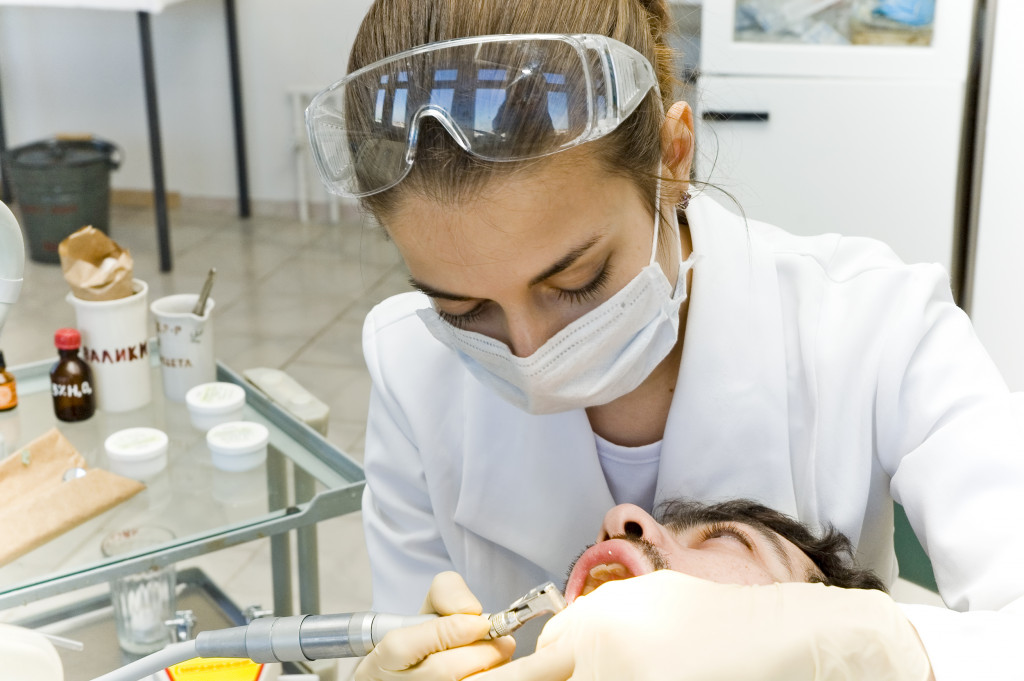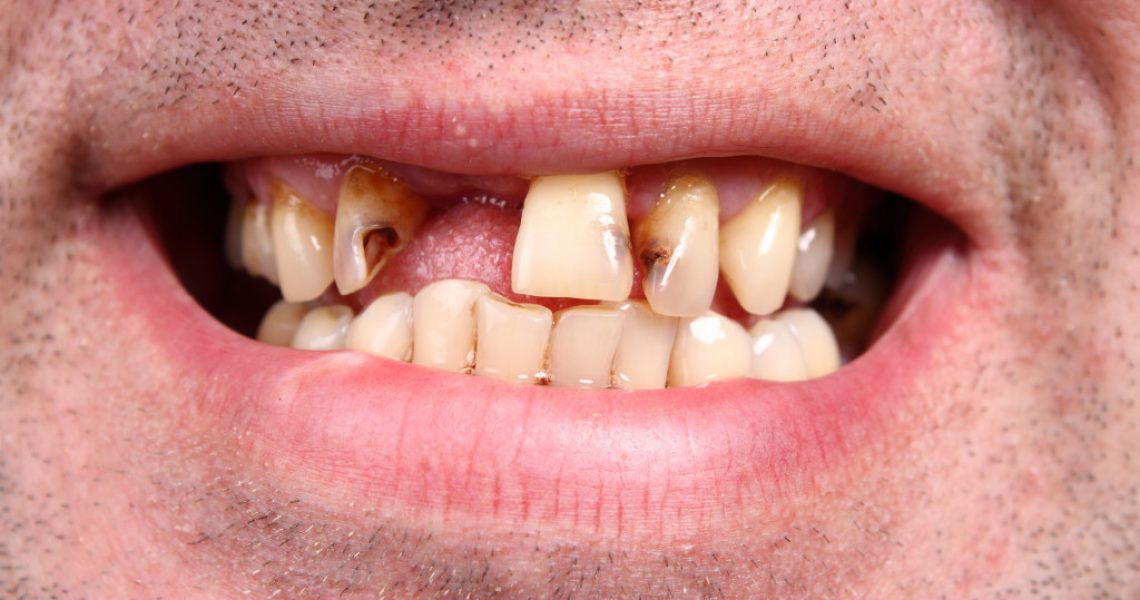Oral cancer is a type of cancer that affects the tissues in the mouth and throat. According to the American Cancer Society, around 54,000 people in the United States will be diagnosed with oral or oropharyngeal cancer this year. While it is not as common as other types of cancer, it is still essential to be aware of the symptoms and risk factors so that you can catch it early. Read on to learn more about oral cancer and what you can do to protect yourself.
Risk Factors for Oral Cancer
Several different risk factors can increase your chances of developing oral cancer. These include:
-
Tobacco use:
Cigarettes, cigars, pipes, and chewing tobacco all increase your risk of developing oral cancer. The trouble is even higher if you use multiple tobacco products or if you use them for an extended period.
-
Excessive alcohol use:
Drinking alcohol excessively can also increase your risk of developing oral cancer. If you drink more than two alcoholic beverages daily, your risk increases significantly.
-
Age:
The majority of people who are diagnosed with oral cancer are over the age of 55. However, this does not mean that younger people are not at risk.
-
Gender:
Men are twice as likely as women to develop oral cancer.
-
UV exposure:
Spending time in the sun without proper protection can increase your risk of developing lip cancer.
-
Diet:
A diet low in fruits and vegetables has been linked to an increased risk of developing oral cancer.
-
Oral HPV infection:
Human papillomavirus (HPV) is a virus that can cause changes in the cells of the mouth and throat. People with HPV are more likely to develop oral cancer than those who do not have the virus.
Symptoms of Oral Cancer
The symptoms of oral cancer can vary depending on where the tumor is located in the mouth. However, some common symptoms include the following:
- Sore or irritation that does not go away
- Lump or thickening in the cheek
- Redness of the gums and possible bleeding
- Sore throat
- Difficulty swallowing
- Changes in voice
- Tooth loss
Oral cancer can also cause ear pain, jaw pain, and weight loss. If you experience any of these symptoms, you must see a doctor immediately so they can rule out other causes and properly diagnose you.

Detection
Early detection is critical when treating oral cancer because it allows for less invasive treatments with a higher success rate. There are various ways to detect oral cancer. Here are some of those ways:
Check-ups
One of the most common ways to detect oral cancer is through routine check-ups with your dentist or doctor. During these appointments, they will examine your mouth for any abnormal changes and may also perform a biopsy if necessary.
Self-exams
Between check-ups, it is essential to regularly self-examine your mouth for any suspicious changes. For example, check for lumps, sores, or thickening in the mouth and throat. If you notice anything out of the ordinary, make an appointment with your doctor for further examination.
Screening tests
Screening tests are also available for oral cancer that use a special dye to highlight abnormal cells in the mouth. A doctor or dentist can perform these tests.
Treatment for Oral Cancer
If you are diagnosed with oral cancer, several treatment options are available depending on how advanced the cancer is. Here are some of those treatments:
Implants
Tooth loss is a common side effect of oral cancer. If you don’t want oral cancer to worsen, you need to replace those teeth so your gums can stay safe from infection. Implants are the best way to replace missing teeth. These implants are made from titanium and act like a natural tooth root, holding a false tooth in place. If you’ve lost the majority of your teeth in your upper jaw, it might be better to get a zygomatic dental implant instead. It’s more affordable than getting individual implants for each missing tooth, and it’s more stable.
Surgical removal
Surgery is a standard treatment for oral cancer, especially if the tumor is at an early stage and hasn’t spread to other areas of the mouth or body. During surgery, cancer will be physically removed from your mouth. This may also include eliminating surrounding tissue or lymph nodes to prevent cancer from spreading.
Radiation therapy
Radiation therapy is a treatment option that uses high-energy beams, like X-rays, to destroy cancer cells and stop them from growing and spreading. This can be used before or after surgery to shrink the tumor or as a standalone treatment if surgery isn’t an option.
Oral cancer is a severe disease, but it can be treated with early detection and proper treatment. It’s important to stay vigilant about any abnormal changes in your mouth and see a doctor for regular check-ups. In addition, remember to practice good oral health habits, such as brushing and flossing regularly and avoiding tobacco products. Together, these steps can lower your risk of developing oral cancer.

